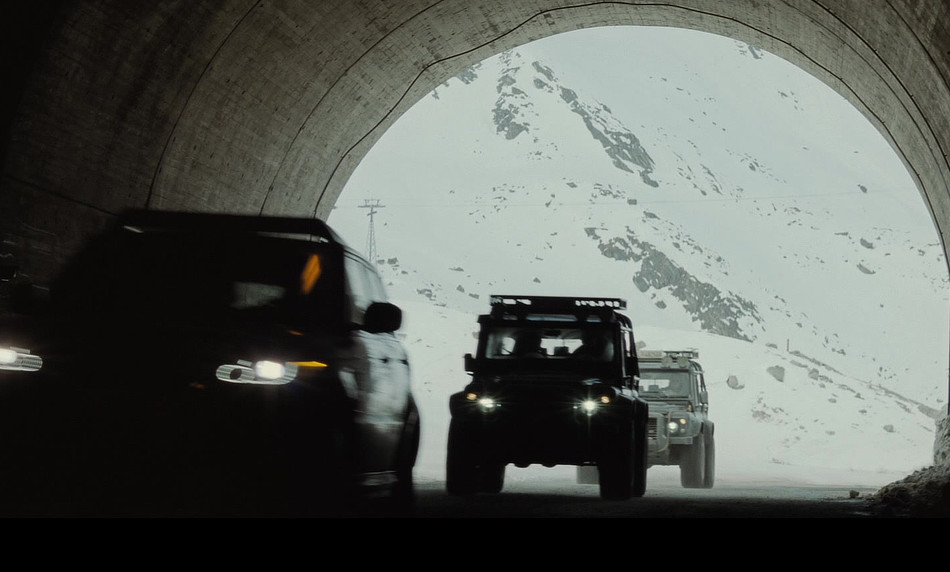By DCB Editorial, January 16, 2025
They say that driving lessons really begin after you’ve passed your driving test. And they’re not wrong. While driving instructors can prepare you for various driving situations, you’ll learn a lot once you’re driving independently. Getting used to driving in different conditions can help make you a more capable driver, boosting your confidence on the road too.
Driving in winter can come with some of the toughest conditions, but will provide you with some valuable experience. Whether you’re a new driver or a little nervous behind the wheel, take a look at these winter driving tips to help you drive safely in winter.
Image Credit: Unsplash under Creative Commons
Make sure your car is ready
Breakdowns are more common during the winter months, with battery issues and tyres being largely to blame. Instead of waiting for something to happen, make sure your car is prepared ahead of winter. Check your car’s battery health and try to use your car regularly to keep the battery running smoothly, even if it’s just for short journeys.
Switching to winter (or all-season) tyres is also important, and should have at least 3mm tread during the winter months. Changing your tyres is easier than ever, and you can search for ‘mobile tyre fitting near me’ to get someone to come straight to your door. Check your tyre health regularly, and get help if you have any doubts.
Always check the forecast
The weather in the UK can be unpredictable, but it’s important to check the forecast regularly. From heavy rain to snow and low temperatures, it’s handy to know what you could be facing out on the road. Check the forecast the night before and in the morning to help you plan your journey accordingly and decide if you even need to drive at all.
Allow yourself plenty of time
One of the best bits of advice for all drivers in winter is to simply take your time. You should allow yourself extra time in the morning to de-ice your car, and remove any snow from the roof if there is any. You’ll also want to take your time on the road, so plan for a longer than usual journey or try to take major roads, which are more likely to be cleared than country lanes.
Drive carefully
Driving in winter can be daunting, but there are some things you can do to help you drive safely and reduce the risk of skidding, etc. Always apply your brakes gently, and allow plenty of room between your vehicle and the next one. Remember to use your lights to keep your car as visible as possible and check them regularly to make sure they’re all working as they should.
Pack your boot with essentials
You should always have some essentials in the car to help you out in case of sudden stops or breakdowns. In winter, it’s even more important to have the right things with you to help you keep safe – especially in dark and cold conditions. Some things that you should keep in your boot include;
Ice scraper and de-icer.
Torch
First aid kit
Warm clothes, including waterproof and high-vis items.
Blankets.
Sturdy footwear and warm socks.
Water and snacks.
Warning triangles.
Jump leads.
Portable phone charger and charging cables.
Having these items stored safely in your boot can prepare you for all kinds of emergencies. Check your boot regularly to make sure you have everything you need, and remember to replace any items that you use. Hopefully you won’t need to use any of them, but it’s always good to be prepared!
If in doubt, don’t drive
If you’re facing particularly wintery or potentially dangerous situations, you should avoid driving. Most weather bulletins will provide warnings of dangerous conditions where people may be advised not to drive at all. It’s important to pay attention to any weather warnings and to trust your gut if you feel that driving isn’t the right thing to do. Explore public transport options or stay home to avoid unnecessary risks.
Driving in winter can be difficult thanks to darker mornings and evenings, colder temperatures and the risk of ice and snow. But with the right preparations, you can make things less stressful, helping you feel more confident on the road. If it helps, enlist an experienced driver to sit with you while you build up your confidence to drive in winter, or get some additional lessons from your driving instructor.
The main thing to remember is to always drive safely at any time of the year, and avoid hazardous conditions that could put you and your vehicle at risk.


